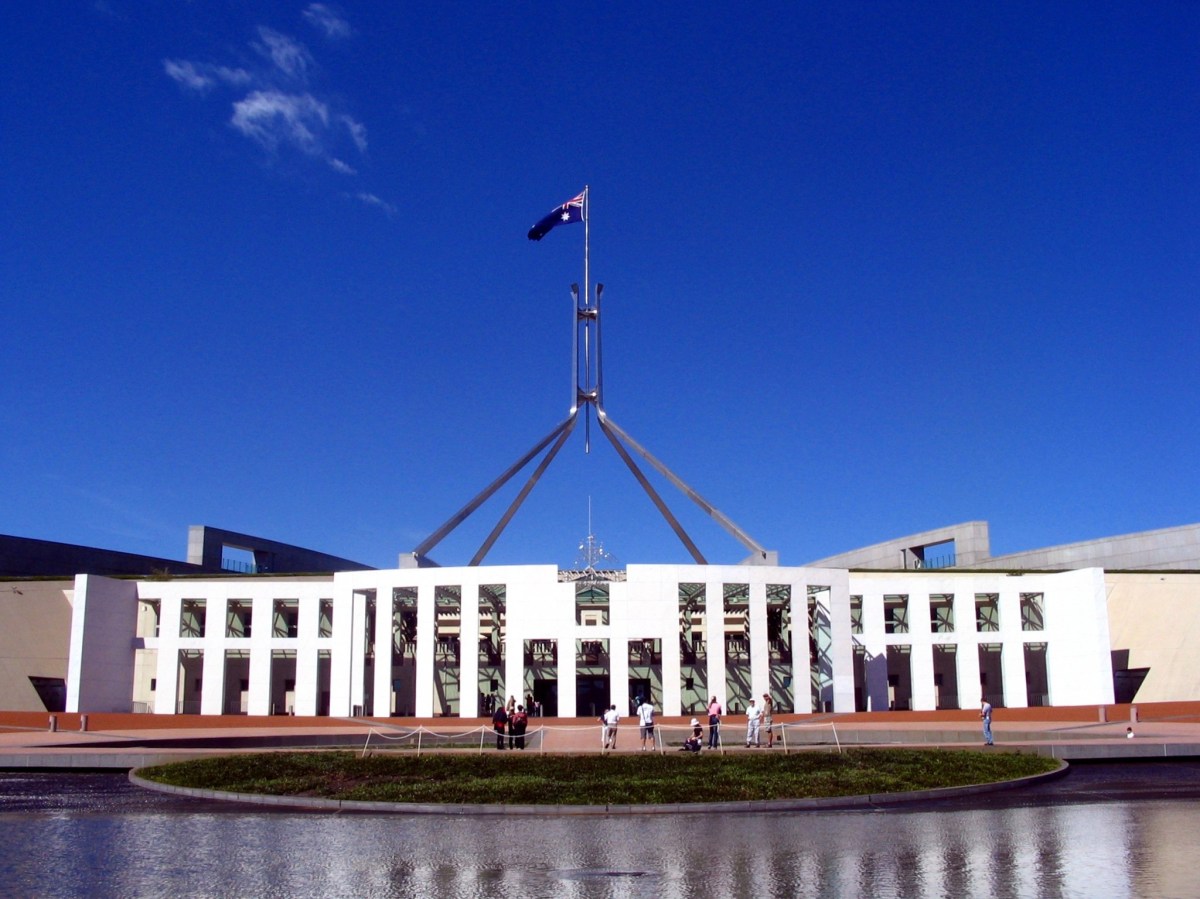The Federal election has been called and Australians will go to the polls on Saturday 3 May.
That includes Australians with disabilities.
With the date now set, advocacy organisations are beginning to reveal what they want the political parties to commit to.
OTs call for allied health action
Occupational Therapy Australia (OTA) has released its 2025 Federal Election Statement, urging all political parties and candidates to commit to strengthening the allied health workforce and ensuring timely access to essential occupational therapy (OT) services.
Key recommendations from the 2025 Federal Election Statement include:
- Urgent funding for a national supervision program to address workforce shortages, extended placement support for OT students, and expedited registration pathways for overseas-trained therapists.
- Include OTA and OTs in the design of new support assessment models, protect participant access to specialised OT assessments, and improve NDIS pricing for OT services.
- Collaborate with OTA on sustainable mental health funding models, expand Medicare rebates, and integrate OT services into mental health programs.
- Increase session limits and rebates under the Chronic Disease Management program, and review private health insurance arrangements to align with clinical best practice.
- Develop aged care needs identification tools, expand OT roles, and provide adequate funding for assistive technology and home modifications.
- Increase Department of Veterans’ Affairs fee rates for OT services, remove unnecessary referral cycles, and expand mental health OT interventions.
OTA’s full 2025 Federal Election Statement and toolkit are available on the OTA website.
Don’t ignore disability
People with Disability Australia says people with disability must not be ignored.
The advocacy body is calling on all parties and candidates to make explicit commitments to people with disability’s rights, inclusion and futures through:
- Guaranteed long-term funding for the NDIS and no cuts to participant’s supports or choice and control.
- Securing a long-term co-funding agreement with states and territories to deliver nationally consistent Foundational Supports
- Safeguarding diversity in the public sector and not cutting public sector jobs
- Lifting income support payments above the poverty line
- Ensuring people with disability are considered in every policy by creating a Federal Minister for Disability Inclusion and a Department of Disability Equality and Inclusion.
Vision Australia’s election priorities
Leading blindness and low vision service and advocacy organisation Vision Australia is calling on the next federal government to take much needed action on number of key areas to improve conditions for the blind and low vision community.
It has unveiled four key priorities:
- Aged Care
- The provision of dedicated block funding for vision services delivered to aged care consumers.
- The implementation of a streamlined referral pathway for aged care consumers identified as having a vision impairment.
- The recognition of vision services as being akin to clinical care.
- National Accreditation Scheme for Assistance Animals
- The establishment of a national register of assistance animals.
- National Disability Insurance Scheme
- Implementation of a differentiated pricing model for therapy-based services delivered by allied health professionals and other professionals under the National Disability Insurance Scheme.
- Information Services
- Implementation of a longer-term funding model to ensure the continued provision of information services.
Budget reveals disability policies so far
The Liberal Party’s policy manifesto promises “practical support” for people with disability to “overcome barriers and… find and keep employment”, as well as support from all levels of government.
The Coalition has also said it will not cut the NDIS.
The Labor government used its Budget to promise funding for foundational supports through the Information Linkages and Capacity Building program, just over $40 million for the National Autism Strategy, and $17.1 million for fraud detection at the NDIA, among other things.
Meanwhile, the Greens have promised to make ADHD and autism assessments free under Medicare, and plan to create a new Disability Minister position should they have the power in Cabinet. Other policies include establishing a 20 per cent quota for employment of people with disability in the public service, establishing an Election Access Fund to help people with disability to take part in elections by reducing the barriers they face.
Voting as a person with disability
Voting is compulsory in Australia.
However, as we report in this month’s edition of Link Disability Magazine, people with disability face a number of challenges when it comes to voting – from inaccessible polling booth locations, to outright being denied the opportunity to have their say if they have an intellectual disability.
Nevertheless, the Australian Electoral Commission said it is taking steps to make voting more inclusive and accessible.
Check out this month’s edition of Link Disability Magazine, out now, for advice on how to vote and to learn how authorities are making it easier for people with disability to exercise their democratic right – and what more needs to be done to make voting in Australia fully accessible.

